No major breakthroughs expected from Putin-Macron meeting: Kremlin spokesman
Moscow says it expects no major breakthroughs from a forthcoming meeting between Russian President Vladimir Putin and his French counterpart, Emmanuel Macron, stressing that the talks are nonetheless very important in resolving tensions over Ukraine.
Kremlin spokesman Dmitry Peskov made the remarks at a press briefing ahead of talks between the Russian and French leaders in the capital, Moscow, on Monday.
"The situation is too complex to expect decisive breakthroughs in the course of one meeting," he said, adding that Russia was aware of certain ideas for lowering tensions that Macron had spoken about before and planned to share with Putin.
"Macron told Putin himself that he is coming with certain ideas to find possible options to ease tensions in Europe," Peskov said.
"Let's wait for the results of today's meeting and see how the two presidents will evaluate it during the news conference," he added.
The Kremlin spokesman further pointed out that Macron's visit to Russia was "very important," noting that the two sides "will obviously focus on the tensions in Europe amid the situation around Ukraine, touch upon the security guarantees and everything relating to these main issues."
Therefore, he said, a "very substantive and lengthy" discussion is expected when the two leaders meet later in the day.
Peskov emphasized that Moscow had heard nothing new in recent days on the security guarantees it is requesting, adding that "our Western interlocutors prefer not to mention this topic" and instead "they prefer to talk very passionately about the problem of the looming Russian attack on Ukraine."
As reported, the talks will likely kick off at about 17:00 Moscow Time and resume during one-to-one lunch.
Relations between Russia and the West have hit a new low in recent weeks. The United States, its NATO allies, and Ukraine have accused Russia of amassing troops near Ukraine's border for a possible invasion. Moscow rejects the allegation and insists that deployments are defensive in nature.
The US military has placed 8,500 troops on heightened alert to prepare for deployment in Eastern Europe and bolster the NATO presence in the region. The US State Department has also approved shipments of US-made missiles and other weapons from NATO allies Lithuania, Latvia, and Estonia to Ukraine.
NATO members Britain and Poland have agreed to directly send arms to Ukraine, including handguns, ammunition, and anti-tank weapons.
The US and the European Union have threatened tough sanctions against the Kremlin in the event of an attack on or invasion of Ukraine.
American and Russian diplomats held talks to resolve the crisis over Ukraine in January but failed to make a breakthrough. However, they agreed to continue the talks.
Russia has demanded legally binding guarantees from NATO that it will halt its eastward expansion and return to its 1997 borders. Moscow also demanded that the military alliance never admit Ukraine as a member.
However, the Kremlin says Russia's main security demands have not been taken into account by the US after Washington delivered written replies to Moscow.
US vetoing of Gaza ceasefire resolution ‘disgraceful’: Iran’s UN envoy
VIDEO | IAEA adopts anti-Iran resolution tabled by E3
VIDEO | Iran's president urges Pope to help end Israel's onslaught in Gaza
Iran's senior legal official: ICC arrest warrant for Netanyahu ‘great victory'
Nov. 21: ‘Axis of Resistance’ operations against Israeli occupation
VIDEO | Israeli forces storm West Bank’s Jenin again, target civilians
Iran activates advanced centrifuges after IAEA's 'unjust' resolution
VIDEO | Press TV's news headlines


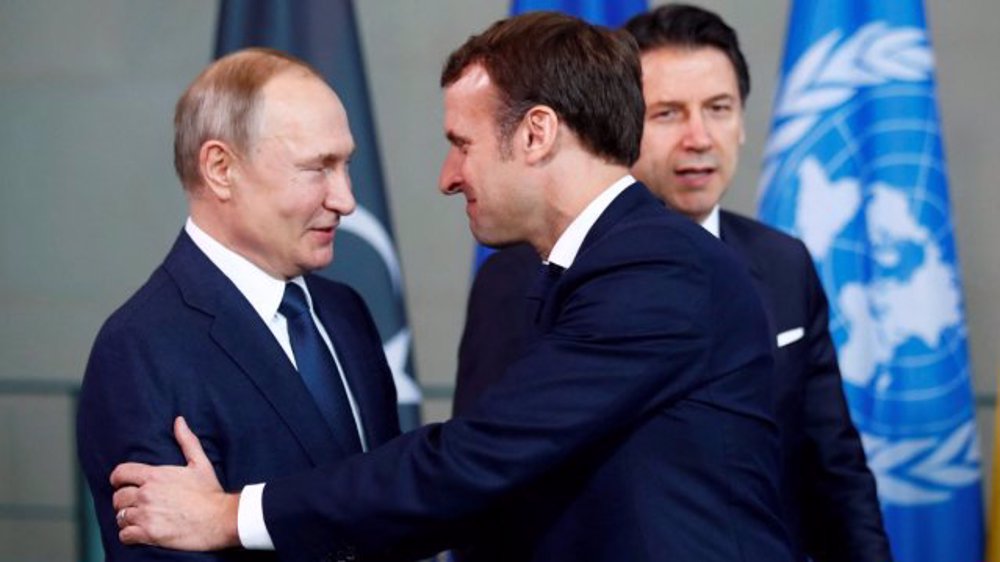
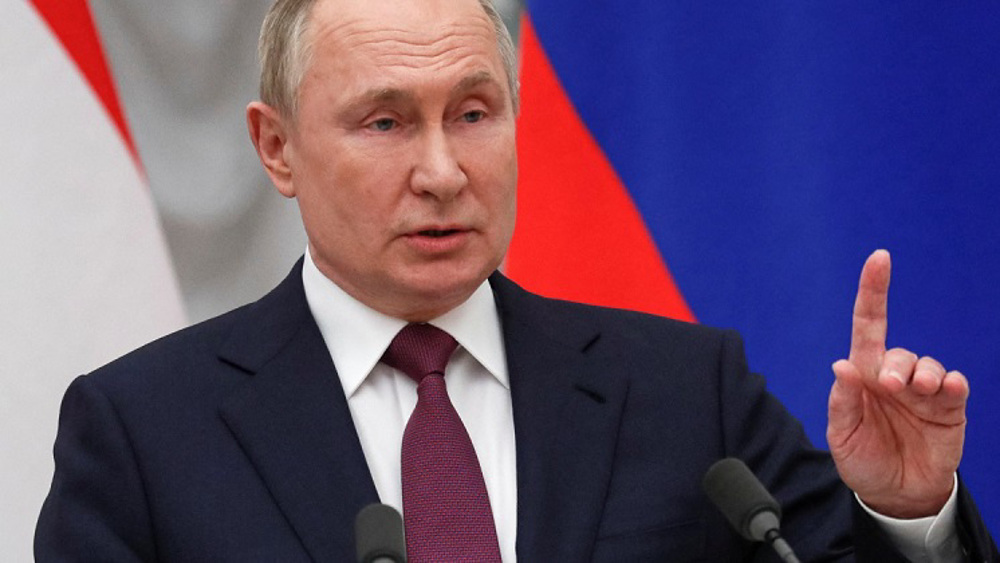
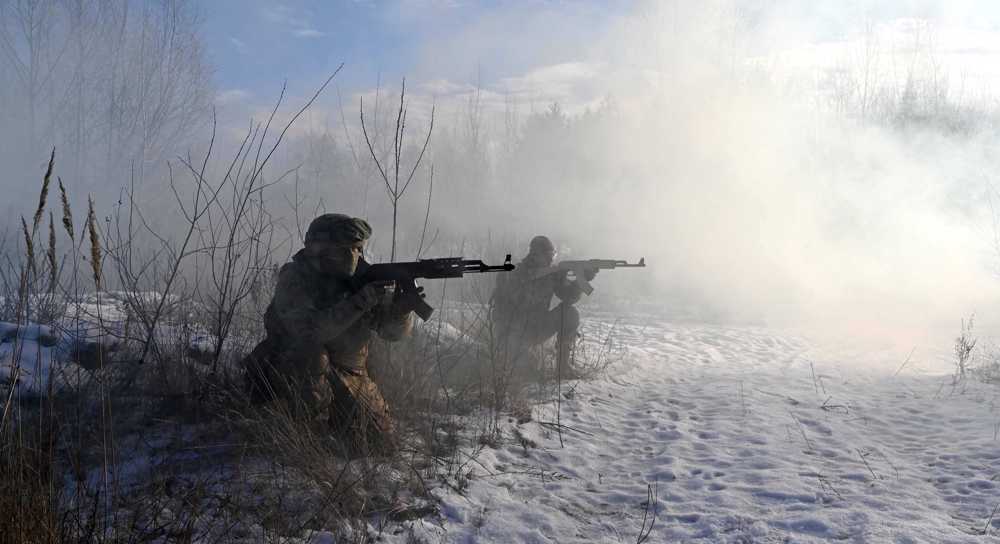

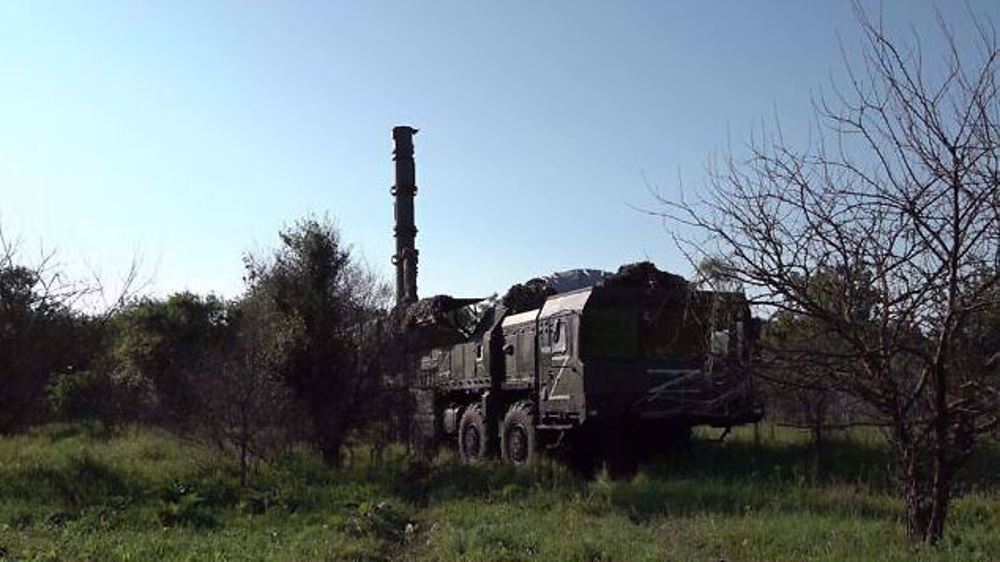
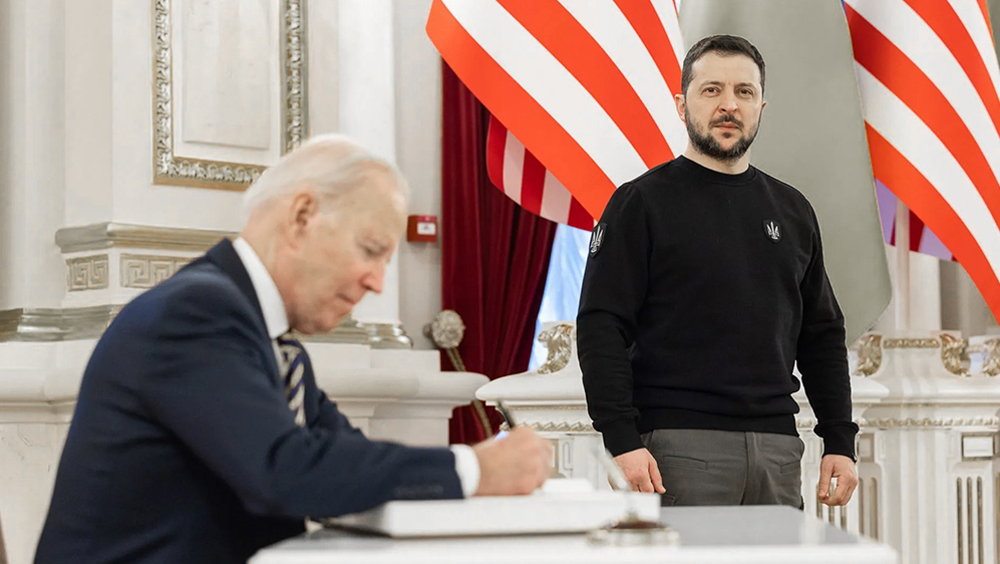




 This makes it easy to access the Press TV website
This makes it easy to access the Press TV website